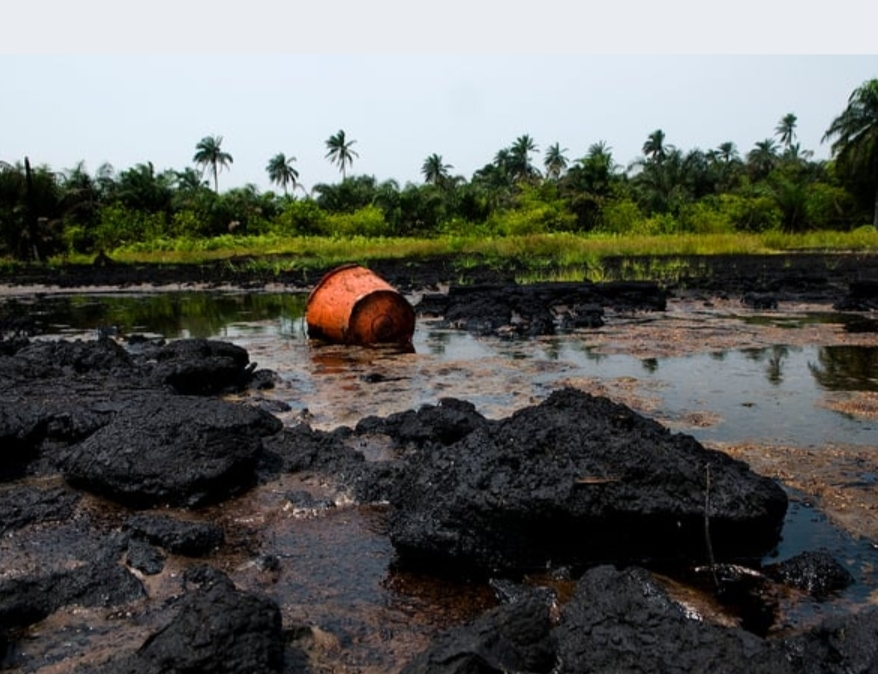
A recent report by the Associated Press, citing leaked United Nations (UN) documents, has exposed massive failures, corruption, and mismanagement in Nigeria’s $1 billion Ogoni cleanup project, which was initiated to restore polluted farmlands in Rivers State. The cleanup, overseen by the Hydrocarbons Pollution and Remediation Project (HYPREP), has been described as a “total failure” in achieving its mandate, raising concerns over the misuse of funds and political interference.
A Promised Cleanup Gone Wrong
The Ogoni cleanup, funded primarily by oil companies, including Shell, was part of a $1 billion initiative aimed at addressing decades of environmental degradation in the Niger Delta caused by oil spills. HYPREP was tasked with overseeing the restoration of polluted areas, starting with simpler sites like one outside Port Harcourt. However, leaked documents revealed that instead of being restored to green farmland, the site was left a barren “moonscape,” with petroleum levels in the subsoil nearly seven times the Nigerian health limit.
Unqualified Contractors and Mismanagement
The report highlighted serious flaws in HYPREP’s operations. Contractors with no relevant experience were awarded cleanup jobs, with some being politically connected firms. UN reviews found that 21 out of 41 contractors were unqualified, and none were deemed competent for more complex sites. Laboratories conducting soil tests were found to lack the necessary equipment, and auditors were reportedly blocked from verifying work.
A former Nigerian environment minister, Sharon Ikeazor, disclosed that many of the cleanup companies were owned by politicians, with only a few competent firms sidelined. This mismanagement led to significant delays and questionable cleanup results.
Corruption and Political Interference
Leaked correspondence and meeting minutes revealed UN officials’ growing frustration with HYPREP. A January 2022 review flagged “significant opportunities for malpractice” in the contract award process, while internal auditors were vilified for their efforts to ensure accountability. Ikeazor, who attempted to reform HYPREP by removing its acting chief, Philip Shekwolo, faced political resistance and was eventually replaced as environment minister. Shekwolo, who has since been rehired, dismissed the allegations as “baseless” and accused Ikeazor of personal bias.
UNEP Pulls Out Amid Frustration
Last year, the UN Environment Programme (UNEP), which had been advising the project, severed ties with HYPREP, citing the end of its consultancy. However, Ikeazor alleged that UNEP’s withdrawal was driven by frustration over pervasive corruption within HYPREP. Current HYPREP Director Nenibarini Zabbey defended the agency, claiming reforms have been implemented, including stricter contractor monitoring and annual audits. Yet, critics remain unconvinced, citing ongoing lapses in transparency and accountability.
A Legacy of Environmental Degradation
The Niger Delta has suffered from thousands of oil spills since the 1950s, leaving its tidal mangroves and farmlands heavily polluted. The Ogoni cleanup was meant to be a turning point, but the leaked documents paint a grim picture of squandered opportunities and systemic corruption.
The revelations have sparked calls for a thorough investigation into HYPREP and the cleanup process, with many urging the Nigerian government to prioritize accountability and ensure the proper use of funds. For now, the dream of a restored Ogoniland remains elusive, overshadowed by allegations of greed and inefficiency.

